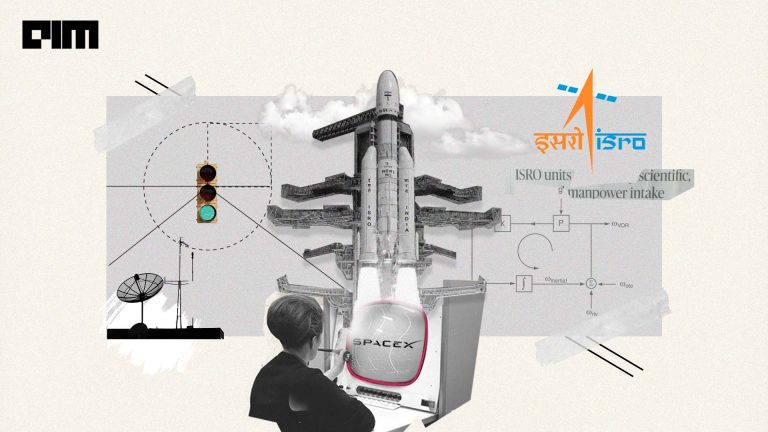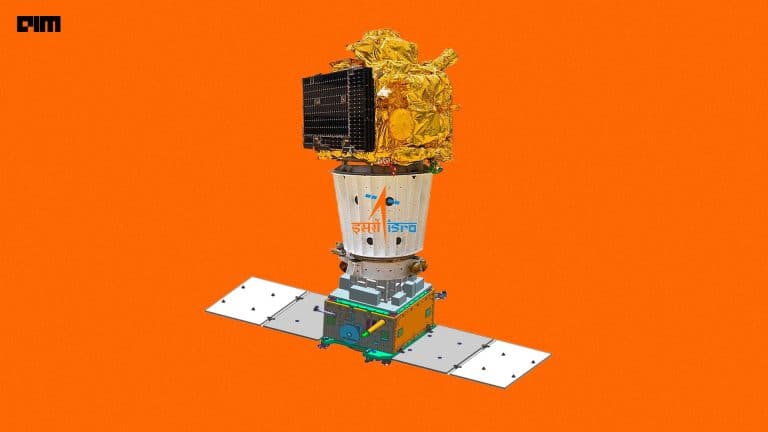ISRO has shown a lot of progress in the space technology, especially in the recent years and has marked its position at a global level. But when it comes to the commercial space industry in the country, are we doing well at all. What has been holding back India to capitalize on the booming commercial space industry?
How India Fares The Commercial Space Industry
So far India has shown a lot of progress in space science and technology. But despite launching over 175 commercial satellites, it has not been very successful in the commercial space tech sector. The start of the space technology in India started in 1963 with Dr. Vikram Sarabhai, the father of India’s space program, and his efforts to successfully launch India’s first ever satellite Aryabhatta. Since then, the country has made several successful attempts with all kinds of satellites like communication, oceanography, weather forecasting, and so on. With India’s success regarding PSLV and GSLV, it is the seventh country in the world to have achieved it with all the components and work being ingenious.
With all of the country evident progress in the field, it must look like it should be an easy task for commercialising this industry, like many other countries in the world. But the truth is the opposite. India is not among the leading nations when it comes to private or commercialising space industry. There are many factors responsible for this.
Difficulties Faced
1.Funding: Having a private company in space technology, like SpaceX, is a very difficult thing to establish. These companies need a lot of money and India lacks it when investing in space technology. The new technology would have to have some financial help from the country because of the cost involved. Even the world’s largest privately-owned space company, Tesla, in spite of being in an economically stable country like was initially owned by the States because of the high costs that it needs. Same goes with some of other private space companies in the US like Blue Origin, Starchaser Industries and Interorbital Systems Corporations. They have a similar journey while starting out. It is slightly easier in a ‘balanced’ country like the US because of its economic power, which is not the case in India. Apart from that, India’s Space Policies are very different from that of the developed countries.
2.Start of space industry: India was behind in jumping on the commercial space bandwagon. It took India several years to be where it is today. India, after its Independence the Indian space industry started in the year 1963 and we made progress and established a world recognition way the later years. Industries abroad took many years to establish that recognition and it will take time for India to reach there.
3.Space laws: Formulation and implementation of space activities requires well-defined space laws which India lacks. Today, there are 22 nations that have domestic space laws, of which Australia, Japan and South Korea are the only Asia-Pacific regions that have implemented international conventions through national laws. Space laws in a nation, making the technology safer and secure in cases of damages caused makes a organisations take bold steps to achieve them.
In the recent Antrix-Devas case, Antrix lost the case, following which the International Court of Arbitration of the International Chamber of Commerce awarded $562.5 million in damages in September 2015. Adding interest from the date of cancellation in Feb 2011 and from the date of the damage award in 2015, the total payout has crept up to nearly $1 billion. India has also lost two other cases by the German company Deutsche Telekom and American investors Columbia Capital and Telecom Ventures, the three investors in Devas. This shows that India truly needs stringent space laws. With a huge fail in the case, it is not sure if India’s commercial space industry is headed to any place better in the space industry. Antrix faces an uncertain future given the recent controversy over the 1 billion payout.
Way Forward
India only has its government entity, ISRO, who controls the space sector. Outsourcing only involves a certain degree of supply and manufacture of components by some commercial industries. Outsourcing would ultimately help reduce ISRO’s time spent on satellite and launch vehicle building and give more focus on its research.
But with the Make in india campaign, outsourcing satellite manufacturing to a private sector has been a possibility. ISRO had signed a contract with the moon mission startup based in Bangalore called TeamIndus, as a part of which TeamIndus was going to launch its Moon-bound robot aboard ISRO’s PSLV.
Antrix, the commercial arm of ISRO, has been selling ISRO’s technologies and services for the last 26 years. In the past years ISRO and Antrix have tried to engage with industry partners, startups in particular, for more lucrative and technology-licensing deals. A separate vertical is formed at Antrix for the manufacture and marketing of SSLV for the first time.
Such an initiative signal the possibility of a private space industry which could also help in India’s contribution to the space technology. A collaboratory work would help both the parties and lead to an even more successful space missions.


















































































